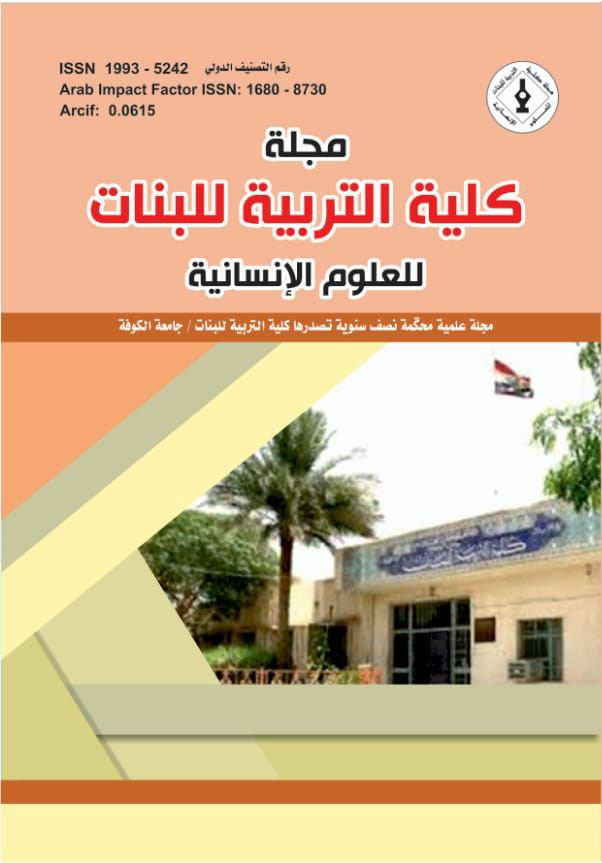The role of the Dutch in the elimination of the Portuguese in Persia
DOI:
https://doi.org/10.36327/ewjh.v2i30.12635Keywords:
بلاد فارس, هولندا, اسبانيا, بريطانيا, التجارة, الشركات التجارية, بندر عباس, هرمز, شركة الهند الشرقية الهولنديةAbstract
Abstract:
The Ottomans closed the trade route between Europe and Asia, which prompted the Portuguese to discover the Cape of Good Hope and, in turn, monopolized trade with the East. They seized the island of Hormuz in 1507 AD. Shah Ismail was forced to ally with them, but this alliance was considered a recognition of their influence in Hormuz. Things changed during the reign of Shah Abbas when he resented them. As a result of their actions, especially that they made the trade of Persia in their hands and prevented the Persians from practicing it, and the balance of power had changed, the Dutch and British appeared on the scene to dispute the Portuguese in controlling the seas and compete with them in trade, so the Shah decided to ally with the new power to eliminate The Portuguese, especially since the Persians did not have the naval power to be able to eliminate them on their own, but this matter would not have been possible without the combination of a number of factors that contributed to the weakness of the Portuguese and the emergence of the Dutch. For the Portuguese Empire, and the growth of the Dutch and British East India companies, the elimination of the Portuguese went through two stages: The first stage: in which the work of The expulsion of the Portuguese by the Safavid forces alone without external assistance resulted in 1 - the elimination of the Portuguese in Bahrain in 1602 AD 2 - the elimination of the Portuguese in Bandar Abbas in 1615 AD. The second stage: the elimination of the Portuguese on the island of Hormuz in 1622, as the expulsions of the Portuguese were carried out by the Safavid forces in cooperation with the British and with Dutch logistical support. .
The elimination of the Portuguese in Persia resulted in a number of results, the most prominent of which was the emergence of the port of Bandar Abbas as the successor to Hormuz, the entry of the Dutch into the Arabian Gulf and participation in the trade of Persia under the pretext that they helped to expel the Portuguese and other results.
Downloads
Downloads
Published
How to Cite
Issue
Section
License
Copyright (c) 2023 Prof. Dr. Hussein Kamel Jaber Al-Shaher, Zainab Rahman Mohammed Saeed Al Juaila

This work is licensed under a Creative Commons Attribution 4.0 International License.
which allows users to copy, create extracts, abstracts, and new works from the Article, alter and revise the Article, and make commercial use of the Article (including reuse and/or resale of the Article by commercial entities), provided the user gives appropriate credit (with a link to the formal publication through the relevant DOI), provides a link to the license, indicates if changes were made and the licensor is not represented as endorsing the use made of the work.









